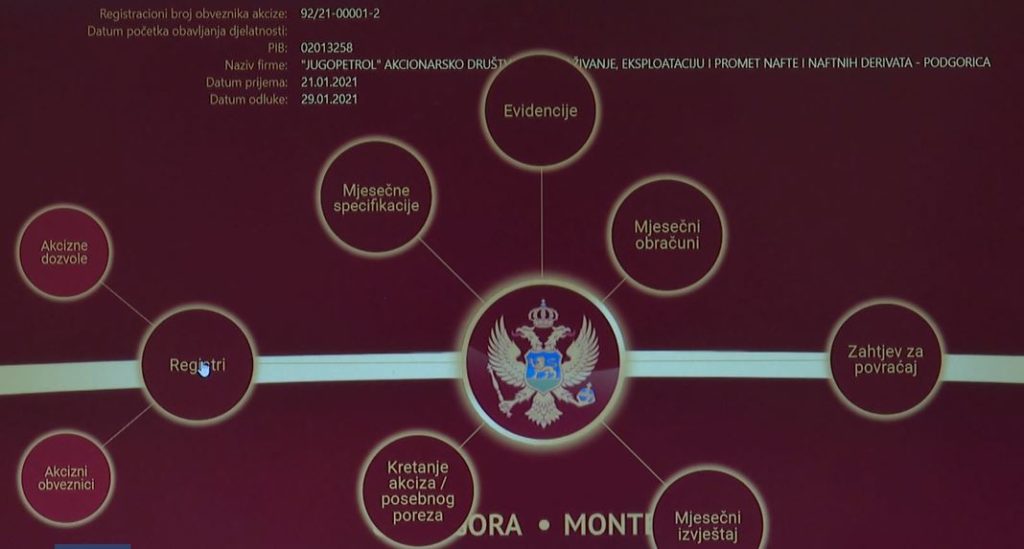The Customs Administration has created a new national system for excise duties, with the financial and expert assistance of the European Union. It is an application, which will on the one hand increase the collection of excise duties and control the movement of excise products (petrol, tobacco, alcohol and coffee), and on the other hand simplify and speed up the reporting of liabilities to businessmen.
“Taxpayers now have the opportunity to submit documents electronically via the web portal and monitor analytical cards in real time. The new functionalities of the excise system will significantly improve the control function in the area of importing, movement and trade of excise products. In this way, the Customs Administration introduces a systematized electronic control of the movement of excise products, which will contribute to more efficient collection of revenues and suppression of the informal economy,” explains Jelena Đukić from the Customs Administration.
The Customs Administration organized training for 48 representatives of business community. Among them were employees of the company Jugopetrol, which is one of the largest excise duty payers.
“We are really pleased that the Customs Administration has introduced such a software application, which enables the transition from paper-a based business to e-business, which will result in improved communication between the Customs Administration and representatives of business community, security in doing business and fewer mistakes that may occur during work,” said Mr Veselin Gačević from the company Jugopetrol.
The application for excise duties was created within the EU project Support to the Customs Administration in the Field of Excise Duties(link is external), which total worth is 298,000.00 euros. The project is important for Montenegro’s integration process, because it enables a connection with European Union’s applications for excise duties, registration of excise duty payers at the EU level and control of the movement of excise products.
“The new excise system enables easier business, both for the Customs Administration and for the users of that system.” It takes place online, is faster and more efficient, and is a good example of how European integrations essentially work through administration becoming more efficient and providing better services to its users, but also to the citizens themselves,” said Nadežda Dramićanin from the European Union Delegation to Montenegro.
In addition to financial assistance, during the project Montenegro had received expert assistance of colleagues from the Spanish Customs Administration, who gave recommendations in the field of law and compliance with European Union directives. Since 2007, the European Union has approved about 7 million euros in assistance to Montenegro in the area of customs.

